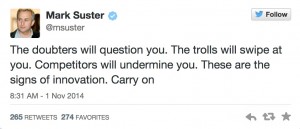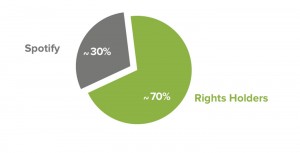Not all of the worlds infrastructural problems can be solved by the UN. Social Entrepreneurship initiatives help to create self dependance for individuals in targeted areas, whereas the UN does not guarantee security and can actually leave these places worse off in some cases. Even if fully funded, the UN takes diplomacy, time and is subject to conflict of interest for some countries, potentially compromising the entire organization. Initiatives like the Arc Initiative actually teaches individuals how to survive rather than depend. A Social Enterprise is essentially for profit or not for profit business with a social mission.
The UN also works to maintain international peace and security, develop relations among nations, solve international problems, promote respect for human rights and be a centre for harmonizing the actions of nations. While the UN targets societal issues, war and natural disasters, they tend to miss infrastructural poverty issues that are carried out by Social Entrepreneurship initiatives.
While both the UN and Social Entrepreneurship initiatives are noble, Social Entrepreneurship and micro-financing help create and follow through with realistic expectations in achieving self sufficiency.
As the old saying goes: “Give a man a fish and he will eat for a day; teach him to fish and he will eat for a lifetime.”






